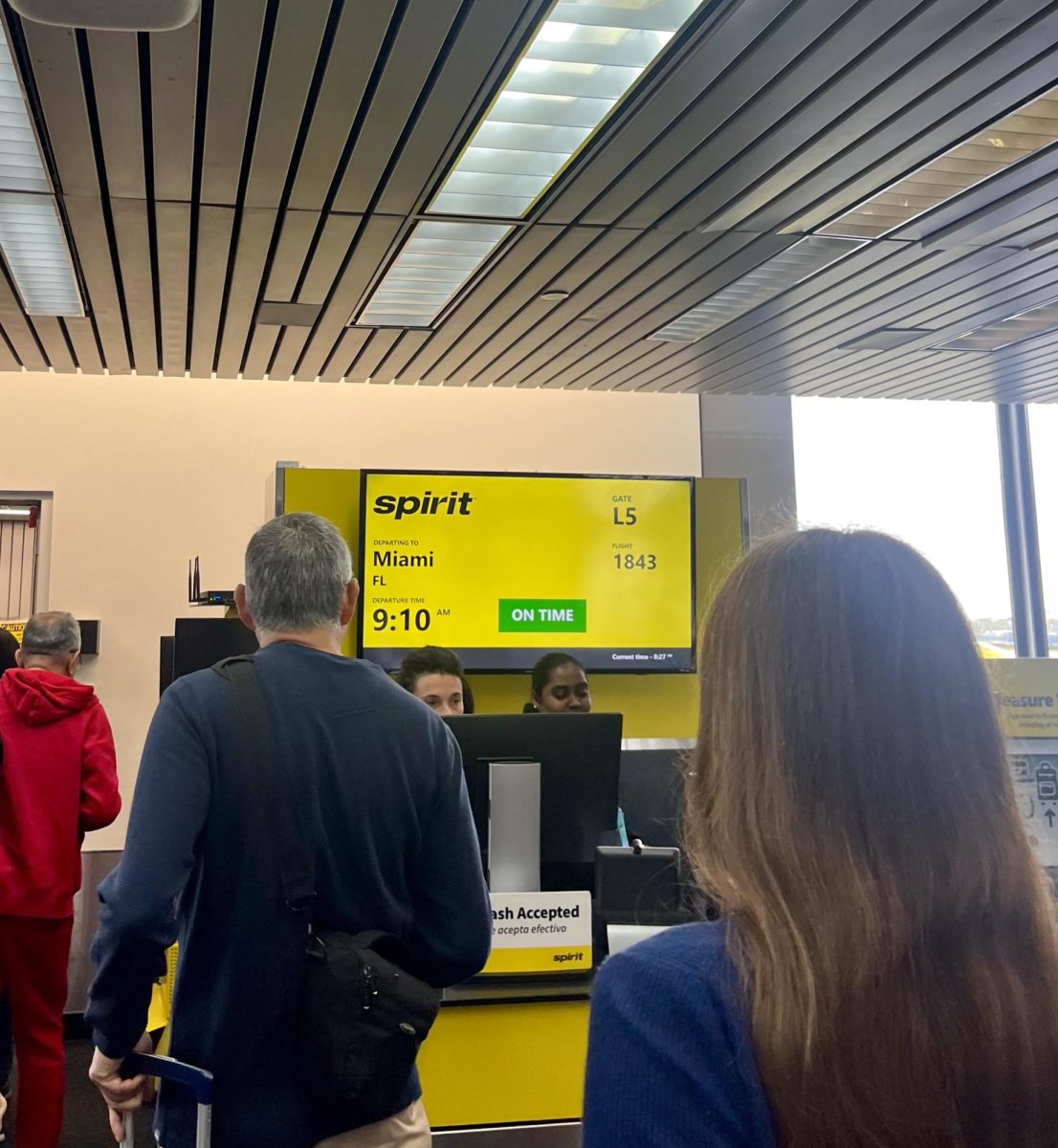Airline base prices may seem cheap, but after adding bags and picking seats, the cost quickly skyrockets. Airlines around the world are increasingly turning to ancillary fees, which are an extra charge for your service beyond the basics. They are reshaping how airlines generate revenue and the way passengers travel. This economic trend has raised questions about transparency, fairness and the future of travel.
Airplane tickets used to cover the essentials, such as a seat, a checked bag and perhaps even a snack. However, today that is not the case, as most airlines have adopted an unbundling pricing strategy, which allows companies to advertise low base ticket prices while charging extra for almost anything else.
Unbundling strategies can be seen both positively and negatively. “There are really two ways you could look at this. One is that it is a benefit to consumers because it allows them to determine individually which services they would actually like to pay for and receive,” said social studies teacher Philip George. “However, you could definitely make the argument that it disadvantages them as it hides the true cost of the flight from the consumer when they are initially buying their tickets.”
Nowadays airlines have found countless ways to monetize the travelling experience through ancillary fees. From a basic economy ticket without overhead access to having to pay to select a seat, there’s always a way for airlines to make more profit.
This method has proven to be lucrative, as the airline ancillary revenue reached $148.4 billion in 2024.
The reason why airlines are increasingly adopting this approach is because ancillary fees allow room for flexibility and profit margin. Unlike ancillary fees, ticket prices are subjects for industry competition and regulations. They allow airlines to generate significant revenue with something that costs little to provide.
In fact, ancillary fees not only boost profit, but also allow airlines to lower costs. “If fewer consumers are checking bags due to check bagged fees then firms can hire fewer workers to handle those checked bags. It also allows the airlines to price discriminate amongst their customers,” said George. “This allows them to increase their profits as they obtain more of the consumer surplus through price discrimination.”
Ancillary fees create a pricing dynamic in which airlines maximize their profit, as each traveller can tailor the way they travel based on what they are willing to spend. For passengers who travel often, add-on costs can quickly add up to become a financial burden, especially when the price is not clear upfront.
However, this approach has faced scrutiny. In Nov. 2024, the U.S Senate Permanent Subcommittee on Investigations, led by Senator Richard Blumenthal, released a report criticizing the extensive use of ancillary fees by major airlines. Their investigation found that between 2018 and 2023, five major airlines collectively earned $12.4 billion dollars just from seat fees. They also found that airlines use algorithms to set and adjust fees based on consumer data.
More notably, carriers Frontier and Spirit incentivized gate agents and other personnel with bonuses between 2022 and 2023 to enforce baggage policies, often forcing those passengers to either pay the fee or miss their flight. This adds to the argument Senator Blumenthal makes about airlines seeing passengers as walking piggy banks.
“I have been surprised by unexpected charges, and it’s only ever happened with U.S. airlines. One time, I was asked to change my flight right before boarding because the airline had overbooked it. Even though it was their mistake, they expected me to pay $300 to reschedule. This makes it hard to trust airline pricing,” said senior Kristine Pretorius, a regular air traveler both inside and outside the U.S.
Some countries have taken action against these abusive fees. This is the case of Spain, as their Ministry of Consumer Services has penalized 5 low-budget airlines with fines of $186 million for “abusive practices” such as charging for additional cabin luggage fees.
In the long run, questions raise around whether these practices will reshape competition, disappear or simply spread. “Since airlines operate as oligopolies you are just really seeing the impact of price leadership in these ancillary fees and unbundling services,” explained George. “It’s unlikely that these practices could make any really major change to competitiveness unless consumers begin to reject the firms using these practices.”
As airlines deal with their many high expenses, ancillary fees serve as a safeguard. But passengers remain uncertain if they are paying to have a choice, or just to pay more. As the industry progresses, so will the controversy around transparency and fairness.









